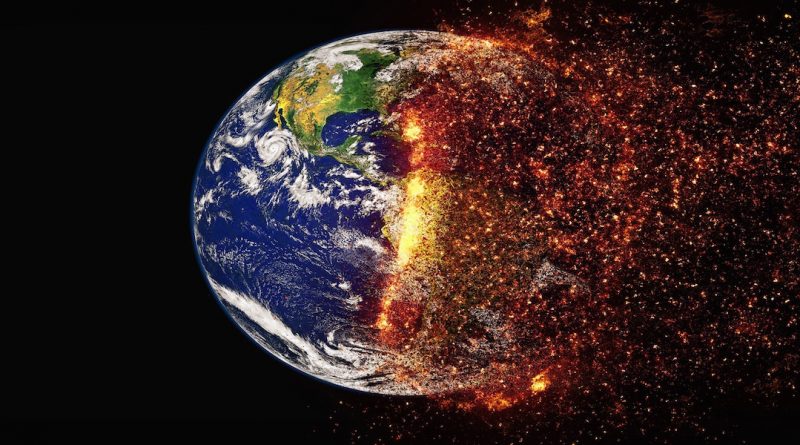The Intergovernmental Panel on Climate Change (IPCC) has published a ‘Special Report on Global Warming of 1.5°C’ which would be used for providing insights for the Talanoa Dialogue at the 24th Conference of the Parties (COP24) in December 2018. The report is a collaborative work of the three IPCC working groups which focus on different aspects of study, including the physical science basis of climate change, the impacts, adaptation and vulnerability brought by climate change, and the mitigation of climate change.
Regarding the current and future situations of climate change, according to the co-chairs of the IPCC working groups, one major problem addressed in the special report is that people have been facing the consequences of 1°C increase in global warming, such as extreme weather occurring more frequently, sea level continuously rising and Arctic sea ice diminishing, and people should be aware that even a small increase in global warming would cause long-term irreversible impacts to the global environment and ecosystems, especially after the warming of 1.5°C or higher.
Regarding the measurements of solving and alleviating the climate problems, it is suggested that a series of extensive transformation in various areas is needed, which include land, energy, industry, buildings, transport, and cities. Moreover, countries around the world should not only strive for a 45% decrease in global net human-caused emissions of carbon dioxide (CO2) between 2010 and 2030, and a ‘net-zero’ emission in around 2050, but should also try to balance the emission by removing CO2 from the air. The report also mentions that when the global temperature rises by 1.5°C, there would be a greater reliance in the use of techniques for removing CO2 from the air, but the problem is that there are doubts about the effectiveness of the techniques and the possible adverse impacts on the environment.
Overall speaking, the report provides key information and advice for experts and governments regarding the current climatic situation and possible impacts of global warming, and helps with their decision-making when coping with the climate problems. It is important for countries and societies to work jointly in order to limit global warming to 1.5°C compared with 2°C, so as to preserve a sustainable environment for ourselves and the next generation.
Source: http://www.ipcc.ch/report/sr15/



